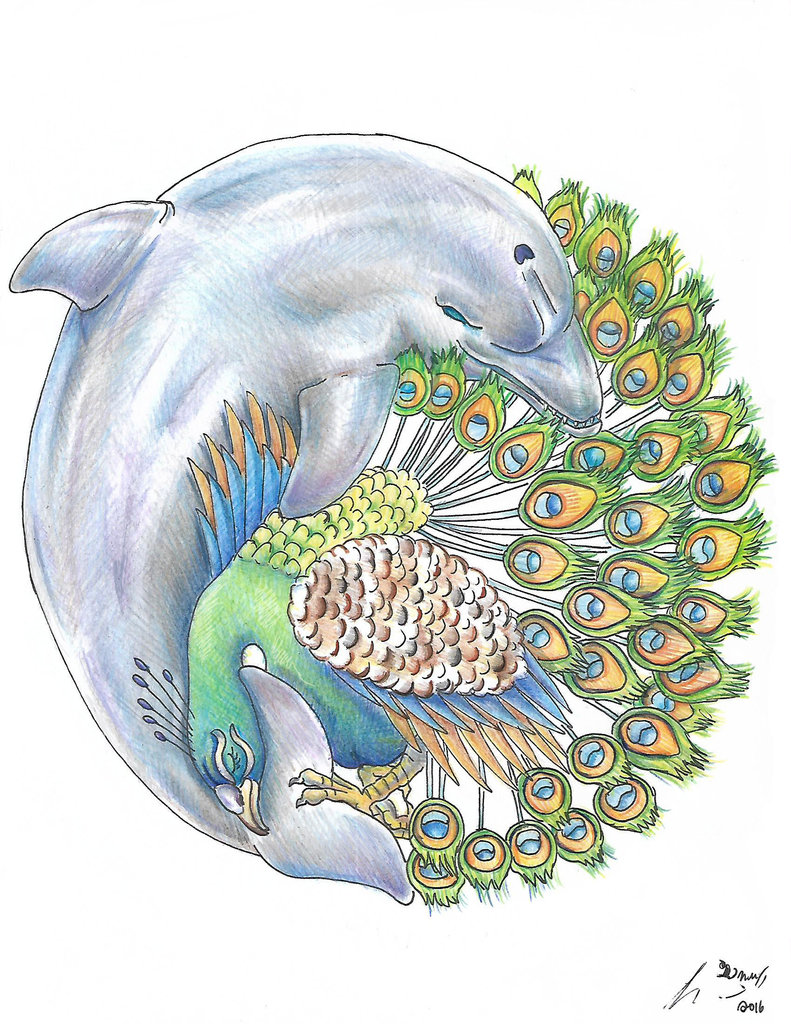Takizawa Bakin or Kyokutei Bakin is a truly remarkable Japanese author, little known in the West.
He lived from 1767-1848 and according to online sources wrote at least 470 books, many of which were quite hefty, according to accounts from other Japanese writers, and the most famous of these works is The Chronicles of the Eight Dog Heroes of the Satomi Clan of Nansô, sometimes called The Chronicle of the Eight Samurai Dogs. It is a work rivaling Remembrance of Things Past in length. He was Japan’s first professional writer, and I can only imagine that he spent the greater part of his life writing. To some Japanese, including Akutagawa, he is considered the greatest Japanese novelist.
Like Dumas, he was incredibly prolific, and wrote “romances” in the olden sense, involving chivalry, warfare, love, and adventure. Judging from the one major work of his available in English, (this one) his style is extremely refined, on the level of Dumas or Jack London, and he captured characters and settings extremely well. I have discovered stray stories and chapters from his samurai epic online and through scholarly translations, and they are all of a similar quality. It is astounding to me that English speakers have access to less than 1% of this giant’s literary accomplishment.
Chronicle of the Eight Samurai dogs, composed in 106 chapters, over 28 years, is an established classic in Asia, and has inspired numerous movies, animes, and other books and adaptations. Glynne Walley has admitted online to having translated at least 70 chapters of this monumental work, but none have come to light, except his college thesis translation, which his University library won’t let me check out, though I have tried repeatedly. The only other chapters available are infrequent fan translations and Donald Keene’s four chapter selections. What a shame.
The reason Bakin was inspired to write novels of such length was due to the prevalence of the great epics of Chinese literature, which during the Edo period were the prime literary examples. Romance of the Three Kingdoms, Outlaws of the Marsh, and Dream of the Red Chamber were just the most famous. I don’t think it is possible for a non-Chinese speaker to comprehend the full scope of Chinese literature, given the paltry selection we have access to in this information age. Lu Xun’s “Brief” History of Chinese Literature opened my eyes. Like Pu Songling claims, even during the Ming dynasty, libraries containing over 10,000 distinct works were not uncommon…
But back to Bakin,
A Captive of Love is an extraordinary novel, and since it is available online for free, I highly recommend you read it.
The perspective, like many Edo novelists, is Buddhist, though Shinto still shows strong influence in the stories, more so than in this particular novel. You can expect Japanese folklore to make an appearance, like yokai and everything Lafcadio Hearn outlines in his works, but Bakin lends gravitas to his plot through forceful writing, though he is famously lacking in any trace of humor.
As a member of the samurai class, Bakin was qualified to write about protagonists from this stratum of society, and I gather that he wrote of them often. The morality of the characters and the author’s intentions are always clear. This is both an entertaining and a didactic work, but it is mainly a valuable testament of a time out of reach of modern novelists. It is hard to imagine a more effective historical evocation than this one, even if it is not an exhaustive study or soaring masterpiece. Even if this is one of Bakin’s less important works, what else do we non-Japanese have to work with?
The adventures undergone by the main character, dictated by class and fate, are wild, creative and picaresque. They are reminiscent of Don Quixote’s travails, without as much wit and just as much deep moral consciousness. I was sad to finish this novel, and found the need to reread Pu Songling’s stories to capture that graceful elegant, playful storytelling again. I may return to this work to relive its charming evocations, but I certainly, undoubtedly, will read anything else by Bakin that ever sees a proper translation. I’m looking at you Walley.



Leave a comment